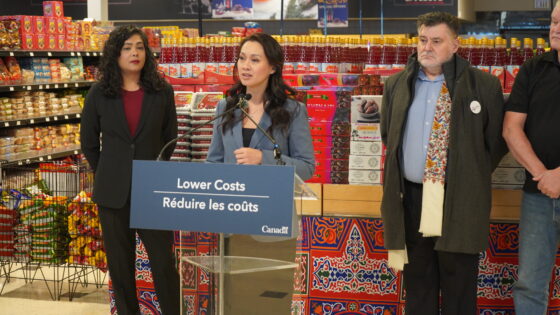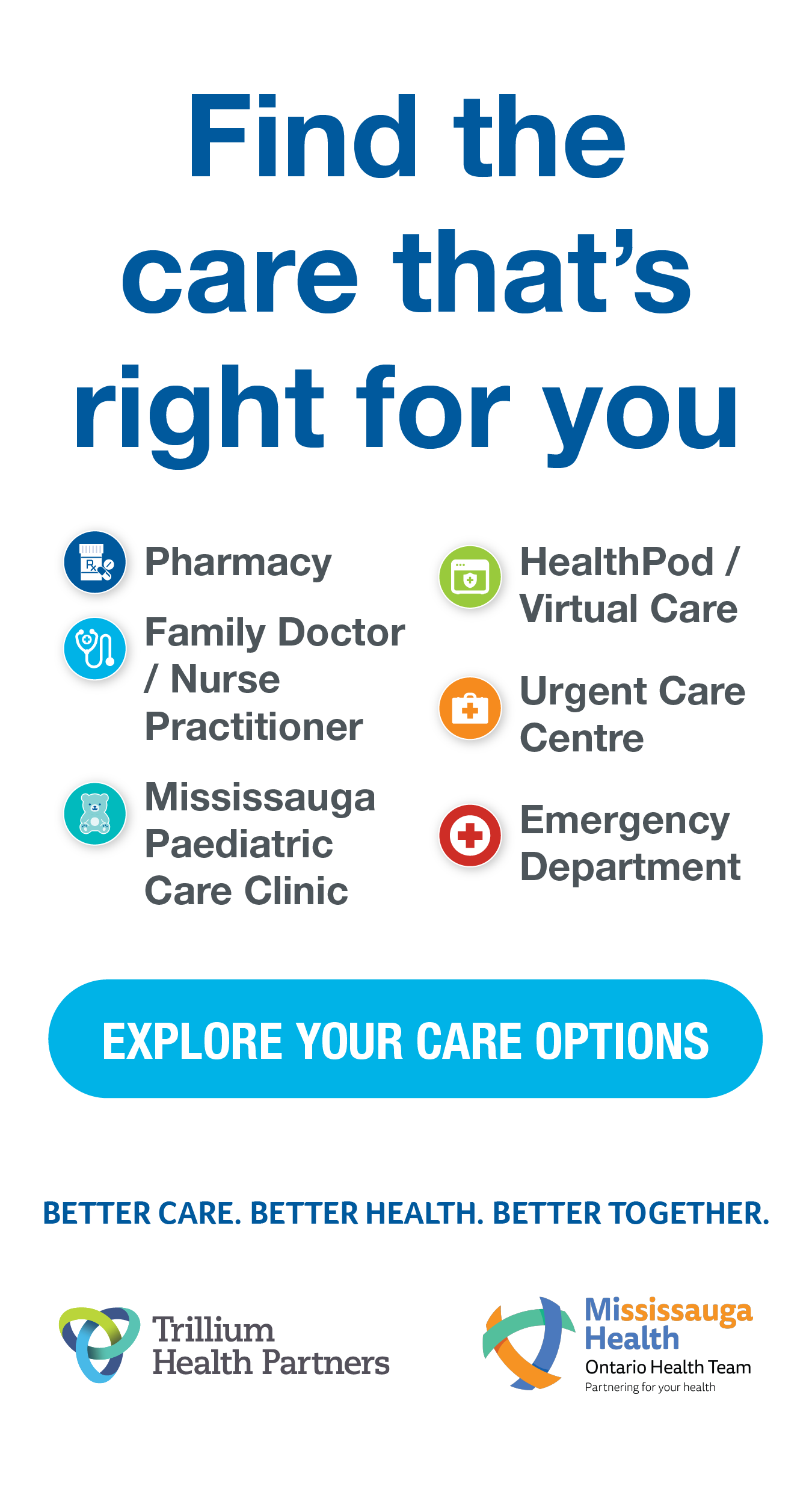on
BY SIMONE J. SMITH
“Our language has wisely sensed these two sides of man’s being alone. It has created the word “loneliness” to express the pain of being alone. And it has created the word “solitude” to express the glory of being alone,” theologian, Paul Tillich, wrote in The Eternal Now.
Hunched over a laptop, you sip your lukewarm latte. You glance around, observing other patrons: couples engrossed in conversation, a group of friends laughing uproariously, a lone writer scribbling furiously in a notebook.
You feel a familiar ache – a hollowness in your chest. You have been in this city for six months, yet it still feels alien. Your college friends are scattered across the country, and your attempts at making new connections have faltered.
You scroll through social media, and you are bombarded with images of seemingly perfect lives. Friends on vacations, couples celebrating milestones, families gathered for holidays. Each picture is a tiny dagger to your already wounded heart.
The APA calls it “Discomfort from being or perceiving oneself to be alone.” It’s more than that. It’s a gnawing emptiness, a constant low hum of sadness.
Divorce. New city. New job. Each change has chipped away at your support system. Even with people around, you feel utterly alone. Like a silent observer in your own life.
Have you found yourself avoiding doing things? How’s your mood? Do you feel disconnected? Do you feel guilty for not talking to friends?
Loneliness can stem from many things – mental health conditions, social anxiety; many of us don’t like to admit we all feel lonely from time to time. Regardless of the reason, loneliness is painful.
Before we go any further, I think that It’s important to recognize that “being alone” and “feeling lonely” are not the same thing. Being alone refers to the physical state of being by yourself. You are physically alone in the sense there is no one else with, or around you. Feeling lonely (or loneliness, on the other hand), is an emotional state where you feel disconnected, or isolated from others, even when surrounded by friends, or family.
Understanding this distinction is key to improving our emotional well-being. Sharon Melin, MA, Outpatient Therapist at Nystrom & Associates, explains, “Being alone is a state of being, while loneliness is a feeling. We can be perfectly content by ourselves, but loneliness arises when we feel unseen, misunderstood, or disconnected.”
Now that we know the difference, we can take steps to cope with loneliness and even change our state of mind. I hope these help, and if you have any thoughts to add, please, share.
Practice gratitude
Studies have shown that acts of gratitude can help us feel more positive. Also, keeping a gratitude journal, in which you write about what you feel grateful for. Gratitude journaling helps us realize what we have in our lives as opposed to what we lack. For a more targeted approach to gratitude journaling, follow the Three Good Things exercise in which you write about three good things (large, or small) that happened throughout your day. Try the practice daily for a set period of time, such as one week, and note if your sense of loneliness has shifted.
Pursue your passions
Pursuing your passions engages your mind and spirit, and this can decrease feelings of loneliness. By joining a recreational sports team, library book club, volunteer effort, or other activities you enjoy, you are also more likely to meet others who have shared interests.
Understand that things are not always what they seem
There is that feeling, when you just don’t feel good enough, where you feel “less than.” This feeling can contribute to your feelings of loneliness. With the uptake in social media use, it is hard not to compare yourself to others. It is only human to look at someone else and feel sad when their surface-level feelings, or apparent situation seem happier than our own. It’s important to realize we never know what is going on in someone else’s life.
Connect with yourself
Sometimes solitude is necessary; it becomes an opportunity for reflection, or doing things we enjoy. You have to consider the relationship you have with yourself, and how you can enrich it. Set aside a period of time each day to check in with yourself. You could meditate, pray, practice yoga, or read a couple of pages of a spiritual text. This practice can be done in as little as five minutes, but it’s helpful to do it every day so it becomes a healthy habit.
That’s it! Now, you have to take charge of how you feel. You have been provided some help in this article. I hope you can put it to good use.
REFERENCES:
https://ggia.berkeley.edu/practice/three-good-things
https://www.ncbi.nlm.nih.gov/pmc/articles/PMC4225959/
https://dictionary.apa.org/loneliness
https://www.cigna.com/about-us/newsroom/studies-and-reports/loneliness-epidemic-america
Stay in the loop with exclusive news, stories, and insights—delivered straight to your inbox. No fluff, just real content that matters. Sign up today!
We, as humans are guaranteed certain things in life: stressors, taxes, bills and death are the first thoughts that pop to mind. It is not uncommon that many people find a hard time dealing with these daily life stressors, and at times will find themselves losing control over their lives. Simone Jennifer Smith’s great passion is using the gifts that have been given to her, to help educate her clients on how to live meaningful lives. The Hear to Help Team consists of powerfully motivated individuals, who like Simone, see that there is a need in this world; a need for real connection. As the founder and Director of Hear 2 Help, Simone leads a team that goes out into the community day to day, servicing families with their educational, legal and mental health needs.Her dedication shows in her Toronto Caribbean newspaper articles, and in her role as a host on the TCN TV Network.













